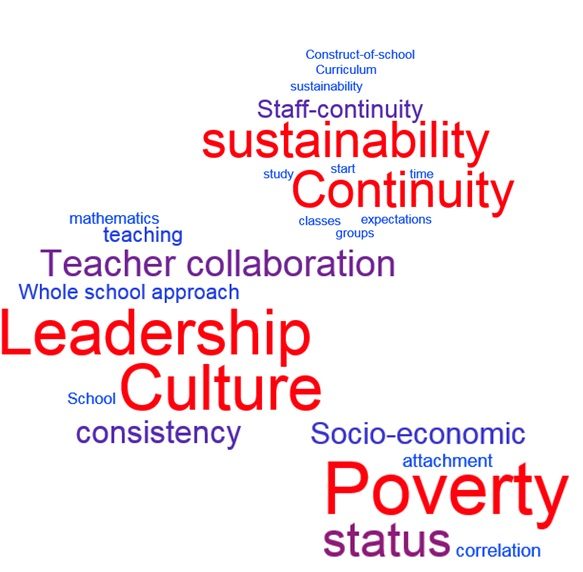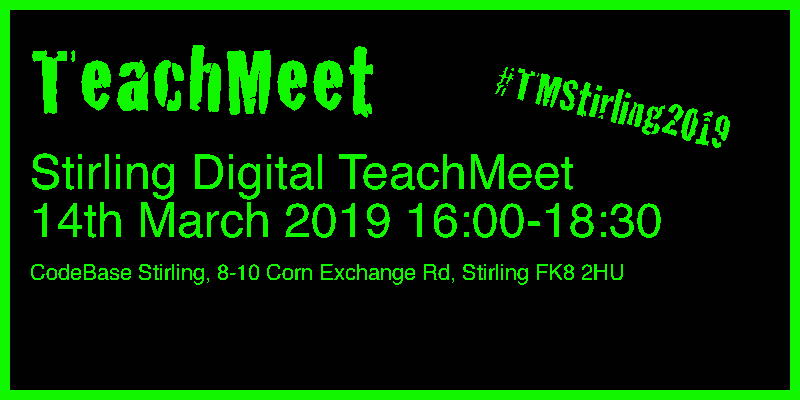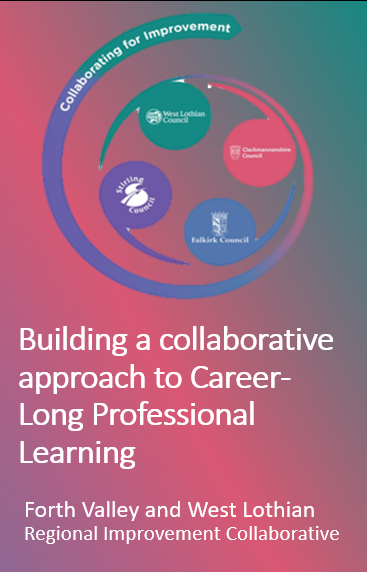 Why is this being prioritised?
Why is this being prioritised?
Central to the success of the Forth Valley and West Lothian RIC will be the opportunity for practitioners to learn, share and develop together to achieve standards of excellence in learning and teaching so that our children and young people achieve their full potential.
Overarching Aims
To address expectations of the National Improvement Framework which are being taken forward by each of the work-streams.
To empower our teachers, head teachers, parents and communities to deliver excellence for our children and young people
What do we want to achieve?
Career-Long Professional Learning (CLPL) experiences and resources which will have a direct impact on improving outcomes for children and young people in our classrooms
A cohesive programme of CLPL across the RIC that supports practitioners in contributing to reaching improvement targets for numeracy, literacy, ELCC, curriculum design, quality of learning and teaching, and collaborative partnerships
Develop leadership capacity at all levels with consistent access to CLPL opportunities
Actions and Indicators of Progress
Short term (February-June 2018)
1. Identify leads from each authority (CLPL Team) to form a working team to develop a plan based on feedback from teachers and practitioners
2. Analyse data and information from across the RIC
3. Identify common areas for targeting interventions
4. Identify drivers for improvement (CLPL Strategic Plan Appendix 4)
5. Develop a professional learning programme based on the CSP model to include input from Stirling University
6. Create an overview of the RIC (power-point) to support Inset 1 discussions
Medium term (August 2018 – June 2019)
1. Gather overview of the CLPL input from the other work streams to provide alignment with the RIC plan
2. Clearly outline baselines across RIC and measure progress
3. Consider how sessions may be delivered with a RIC brand/approach
4. Research and bring together national expertise, university and international research and practitioner experience
5. Work with the National Improvement Methodology Advisor to underpin CLPL activities using an improvement model in supporting all work streams
6. Engage with new work streams to agree CLPL offer and ask (Curriculum design and development, Learning, teaching and assessment, and Collaborative partnerships)
7.The CLPL Team will discuss measurement of progress and analysis of data with thePerformance Improvement Team
8.Engage with the Communications Team to design a strategy to share practice anddevelop a practitioner network for CLPL
9.Provide input to the Autumn FV & WL RIC Consultation on the ‘Ask and the Offer’
10.Review CLPL plans in light of the outcomes of the RIC consultation
11.Share localised CLPL to the collaborative where appropriate and manageable
12.Alignment initially of one in-service day to facilitate collaboration
Longer term
1.Evaluate the effectiveness of staff development approaches
2.Explore and facilitate sharing best practice from PEF CLPL strategies across the RIC
3.A wider collaboration strategy will be developed with partners and stakeholdersincluding CLD, H&WB groups and parents
Intended Impact of the CLPL Plan
The measures of success will be:
- Teacher feedback demonstrates engagement with professional learning opportunities offered by the RIC work streams
- Take up and evaluative feedback of collaborative CLPL opportunities and models of collaboration
- Participation by class teachers and regional network input
- Engagement and participation with the digital communication platform
- All performance measures will be impacted by CLPL and will show an upward trend
- Identified attainment gaps are reduced for children and young people


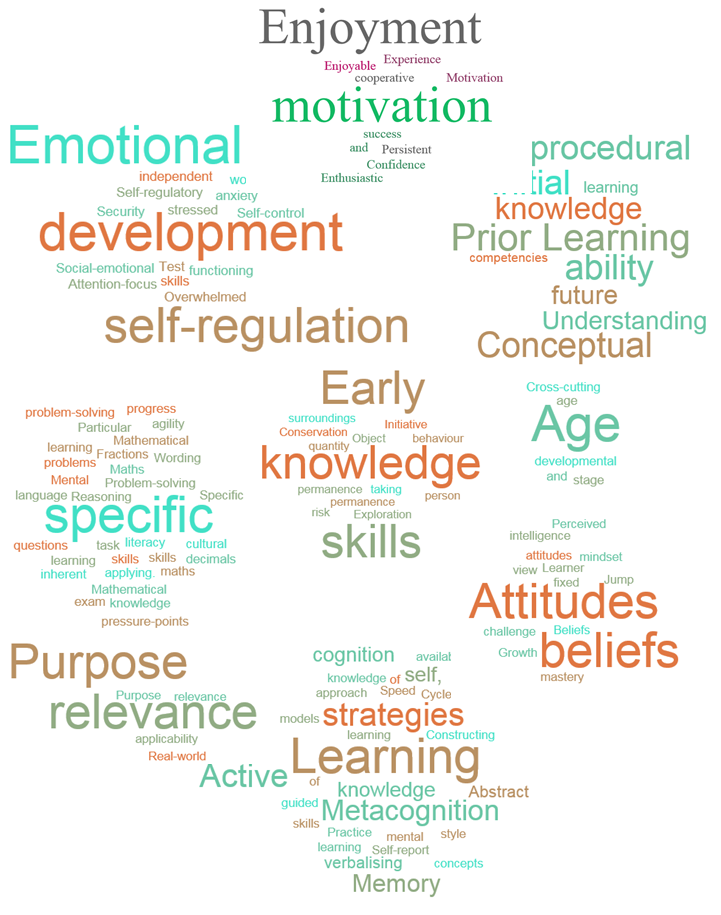
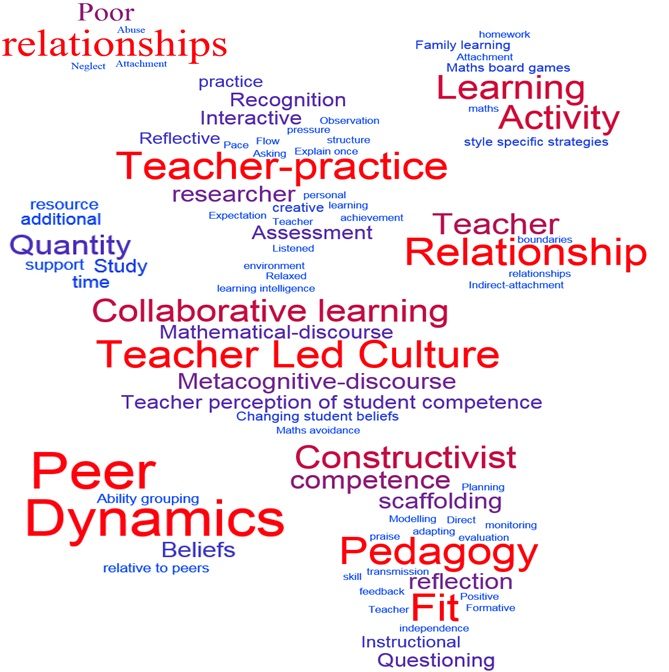 Contextual factors
Contextual factors